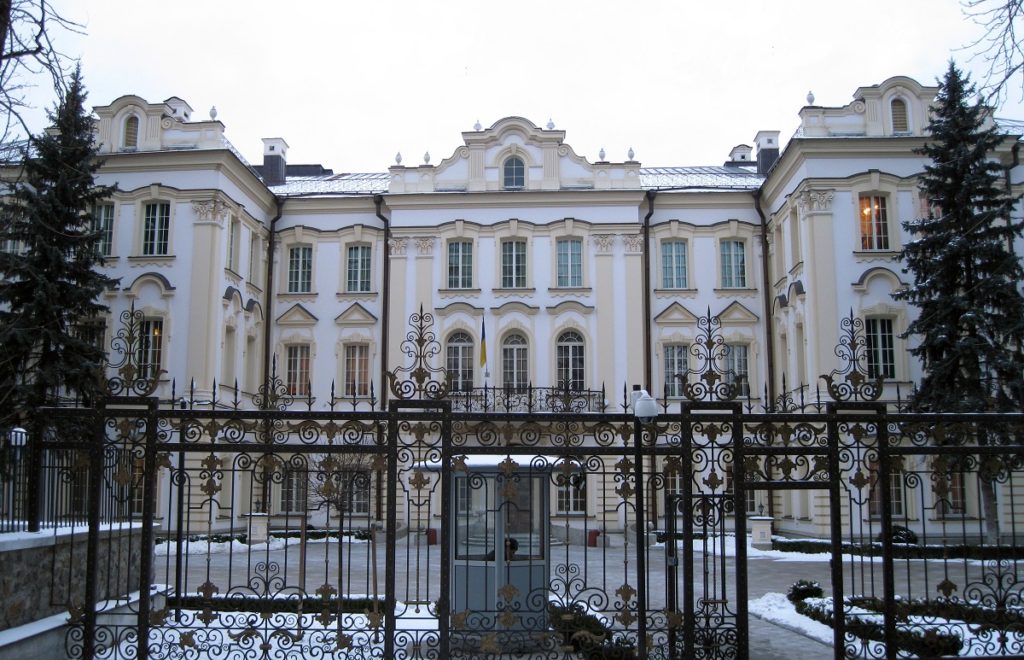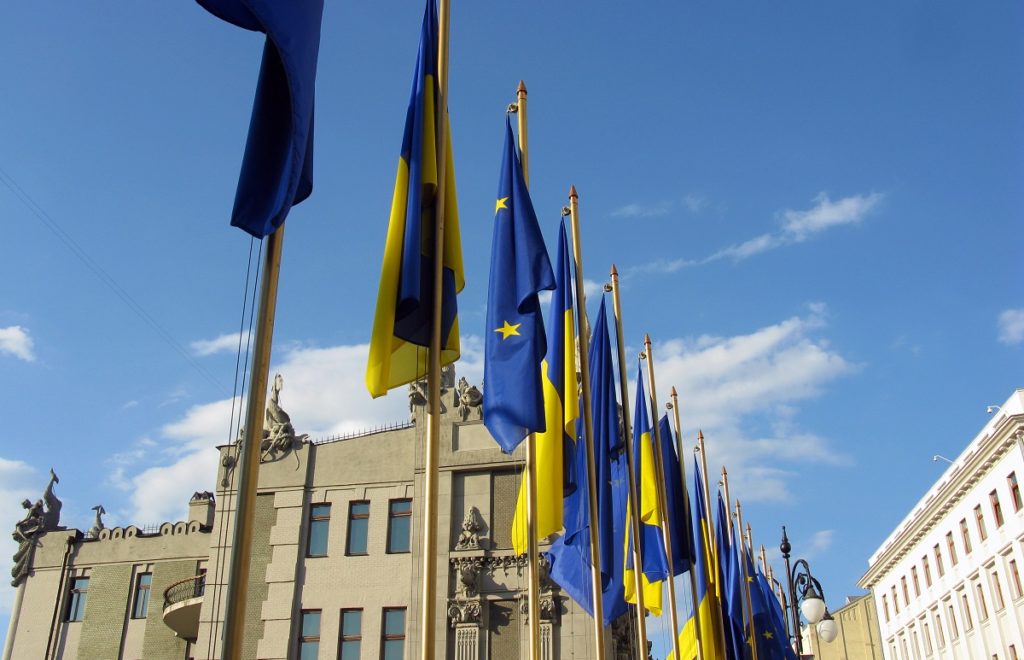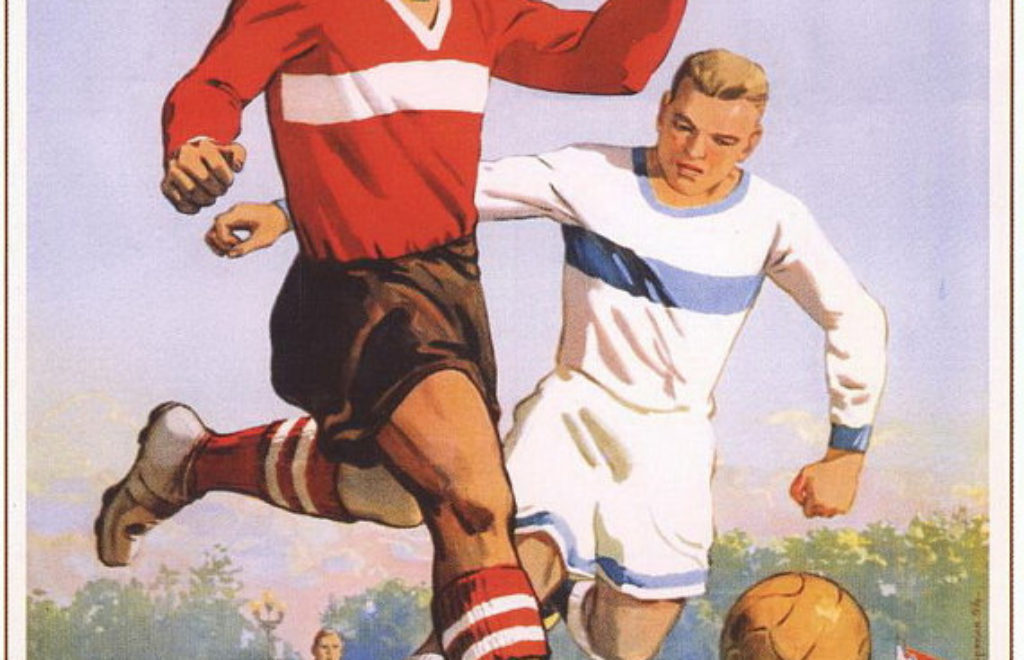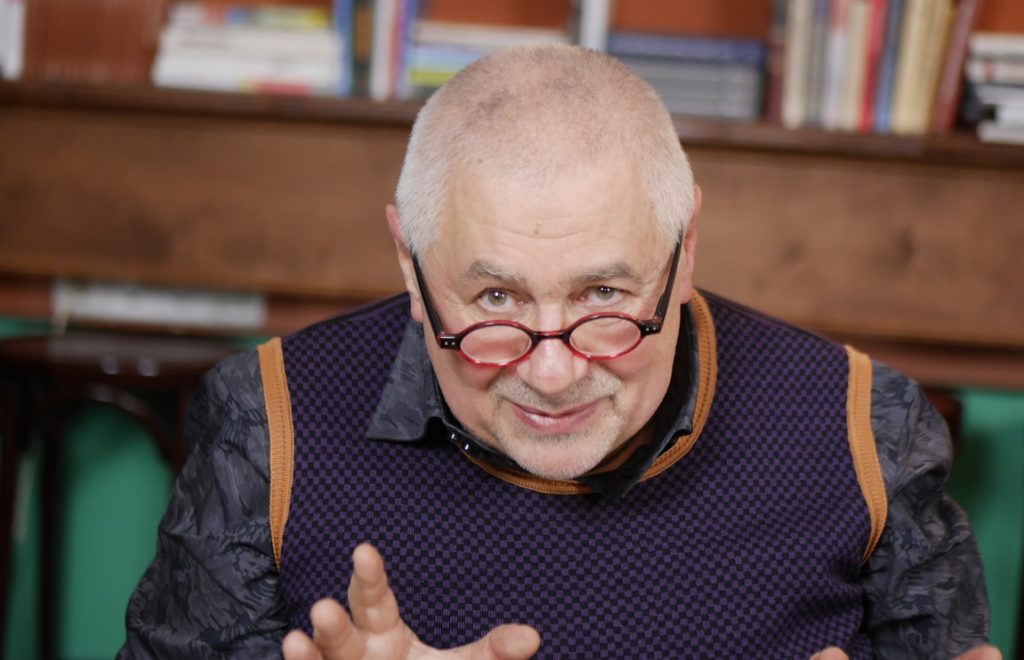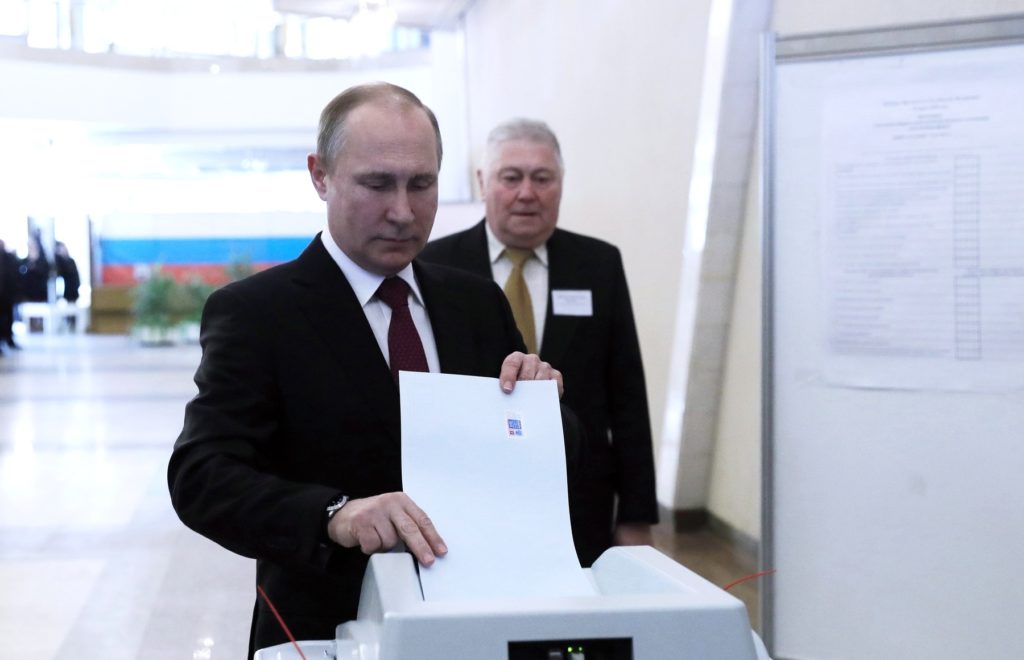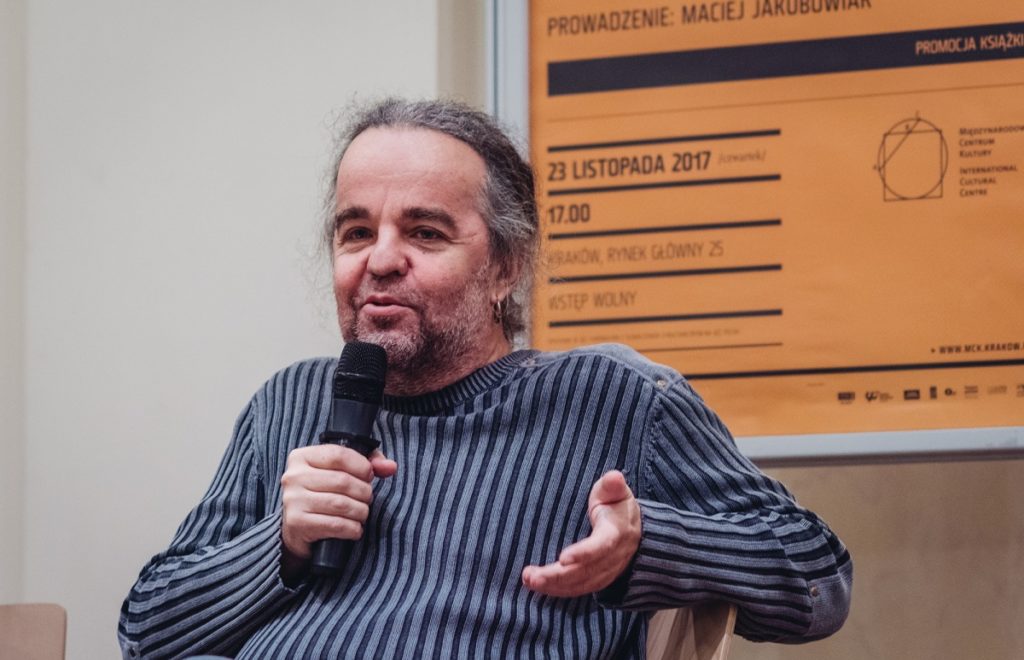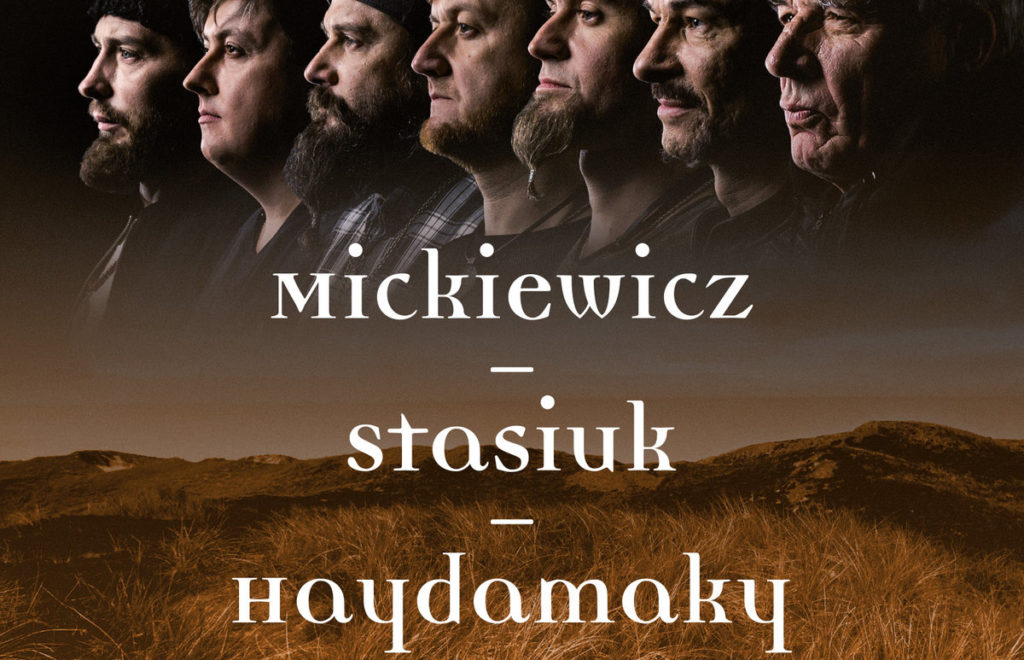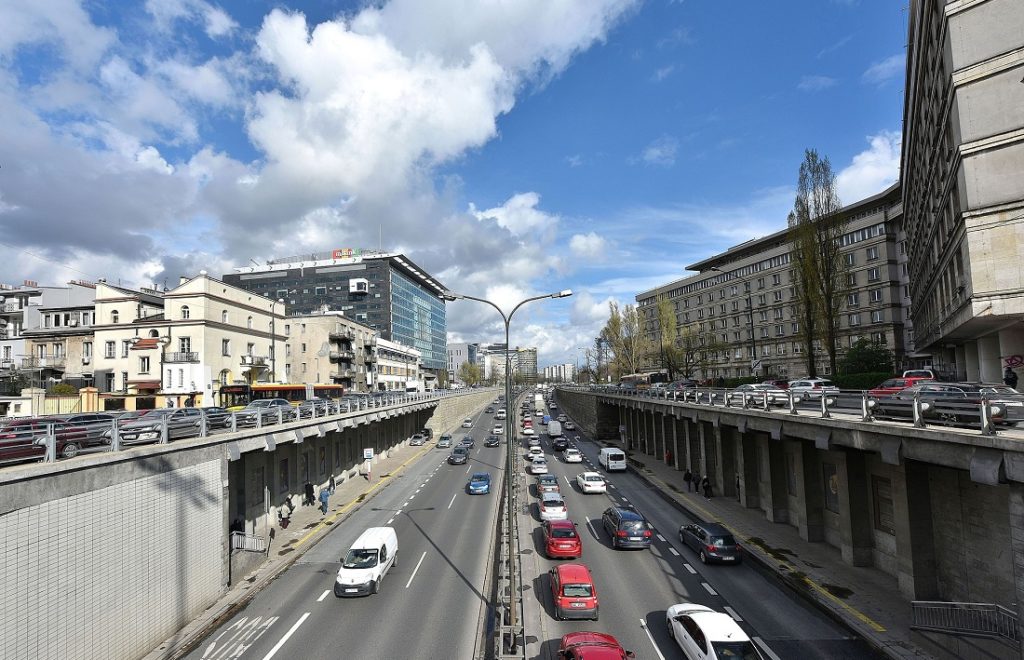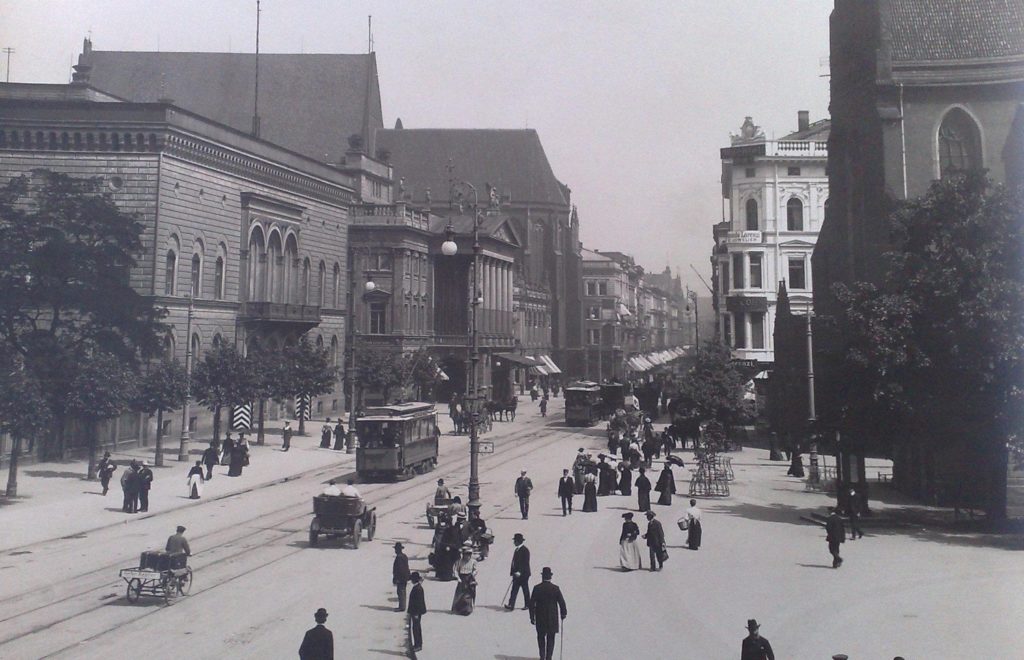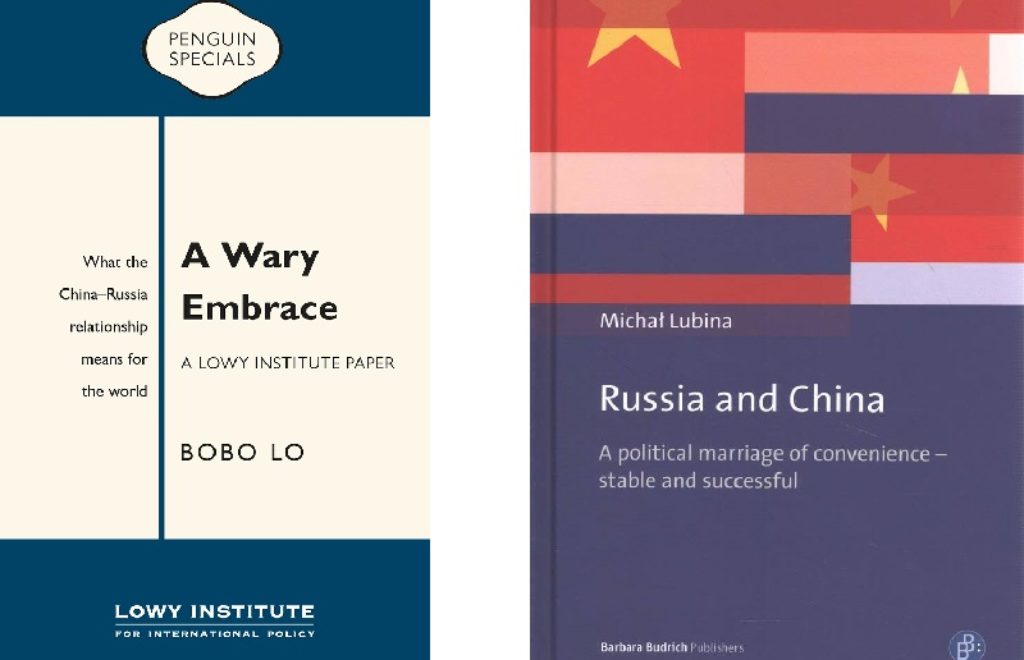Will the long-awaited justice prevail in Ukraine?
The judiciary reform in Ukraine, which unofficially started in 2014, has finally brought its first results. The new Supreme Court of Ukraine began functioning in December last year and the newly established higher bodies of the judiciary are now assessing the judges who will continue working in the general and appeals courts of Ukraine. However, the reforms, which began mostly out of the need to restore trust in the judiciary, have not yet managed to achieve its main goal. The judiciary continues to be one of the least trusted institutions in the country – a view that is shared by the general public and external experts.
April 26, 2018 - Kateryna Pryshchepa


